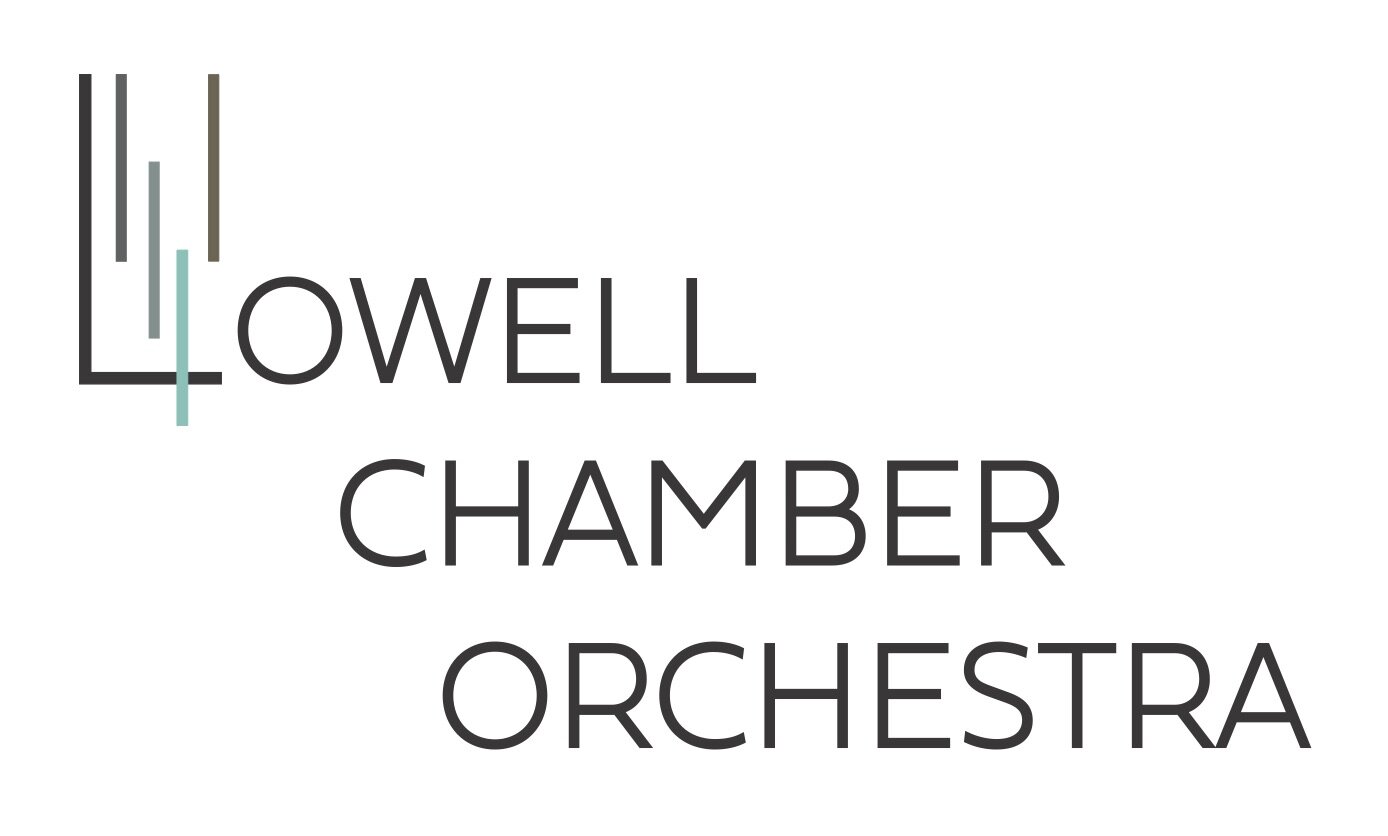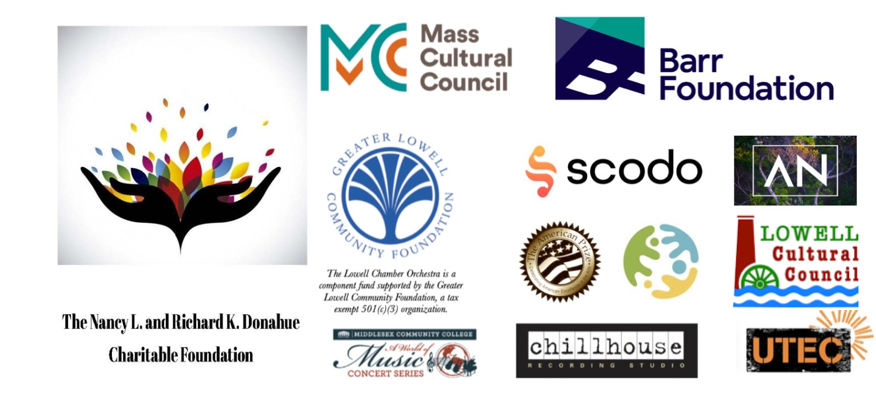2024 Call for Scores
To apply to the 2025 Call-for-Scores, please click here
The Lowell Chamber Orchestra is proud to announce the winners of its fourth annual international call-for-scores.
The two winners tied for first place and have agreed to split the prize. Both their works will be performed during the LCO 2024-2025 season - please visit our events page in April to find out exactly which concert.
These composers were selected anonymously from a pool of 134 scores. The judges were impressed with the overall quality of the works submitted, and wish everyone all the best for their ongoing musical careers.
Irish/British composer Robin Haigh works internationally with leading orchestras, ensembles, and soloists. Described as possessing an “idiomatic and unique compositional approach, blending together styles [...] in a way that feels genuine, honest, real” (What is Metamodern? Journal), Haigh’s output includes the orchestral works SLEEPTALKER (Ivor Novello Award Nominee) and Grin (Ivor Novello Award Winner 2020) written for the London Philharmonic Orchestra and Britten Sinfonia respectively, ensemble works AESOP 2 (Ivor Novello Nominee) and FILTH for Orchester im Treppenhaus, quadruple trombone concerto THE DREAMERS for Aldeburgh Festival, and the British Composer Award-winning recorder quintet In Feyre Foreste. (Learn more)
Programme note:
To Grin is to smile with exposed teeth. When we grin, we expose perhaps the most destructive part of the human anatomy as a signal of joy or amusement, the part of us which only really exists to grind down organic matter into tiny pieces. While writing this piece, I was reminded of videos in which demonstrations of extremely destructive machines are paired with cheerful, peppy music to entice potential corporate customers, producing something absurd, comical, and somewhat disturbing. The brutality of the imagery in these videos is somehow matched by accompanying music which is in its own way brutal; brutally repetitive, and brutally cheerful, like a forced grin.
Simon Andrews is an English composer who is earning a reputation as a creator of eloquent concert music that blends harmonic complexity and lyricism, introversion and broad gestures, delicate timbres and bold statements. His output ranges from large-scale orchestral works and opera to intimate chamber music, with a special delight in chamber music with solo voices. Winner of the 1985 Benjamin Britten Prize, his music has been commissioned, performed and recorded by the London Symphony Orchestra, The Janacek Philharmonic, the Berkeley Symphony, the Lancaster Symphony Orchestra and Chorus, the Cypress Quartet, Catalyst New Music, Joanna Kurkowicz, Doris Hall Gulati, John Butt and choral groups on both sides of the Atlantic as various as New College, Oxford and the National Choral Society in Washington, DC. (Learn more)
Programme note:
If you venture outside in late April or early May near a pond in the eastern Massachusetts countryside, especially around dusk, you are likely to hear a remarkable chorus. It is produced by the eastern American toad. It consists of a series of long, high-pitched trills each of which can last up to twenty seconds: the note each animal produces is different but very consistent, resulting in a magical, otherworldly, multi-layered counterpoint. This sound-world was the starting point for Till voices wake us. Lovers of T. S. Eliot’s Prufrock will doubtless recognise the near quotation of the last three lines:
We have lingered in the chambers of the sea
By sea-girls wreathed with seaweed red and brown
Till human voices wake us, and we drown.
For Eliot, the mermaids represent the world of the imagination, in contrast to the socially stifling life of 1920s London, and it seems to me that the drowning he refers to is not literal death, but being pulled back from our inner creative realms into the mundane world. Till voices wake us tries to inhabit this liminal space. Or, to use another Eliot near-quotation, it tries to depict “that place where three dreams cross.”
Prizes
Performance of the winning work during the 2024-2025 season
Professional video recording
Cash prize of US$1200
One year of publication through Universal Edition’s scodo - a 600€ value
Travel stipend up to US$300 for travel expenses to attend rehearsals and concert






